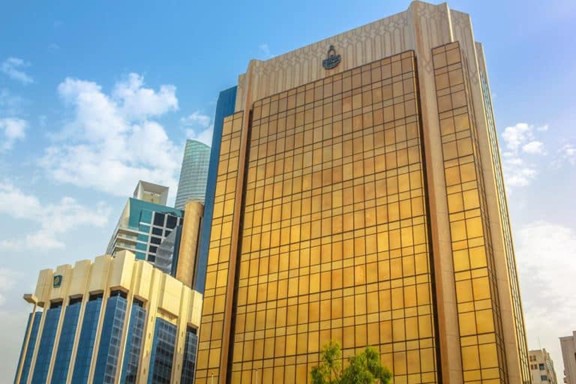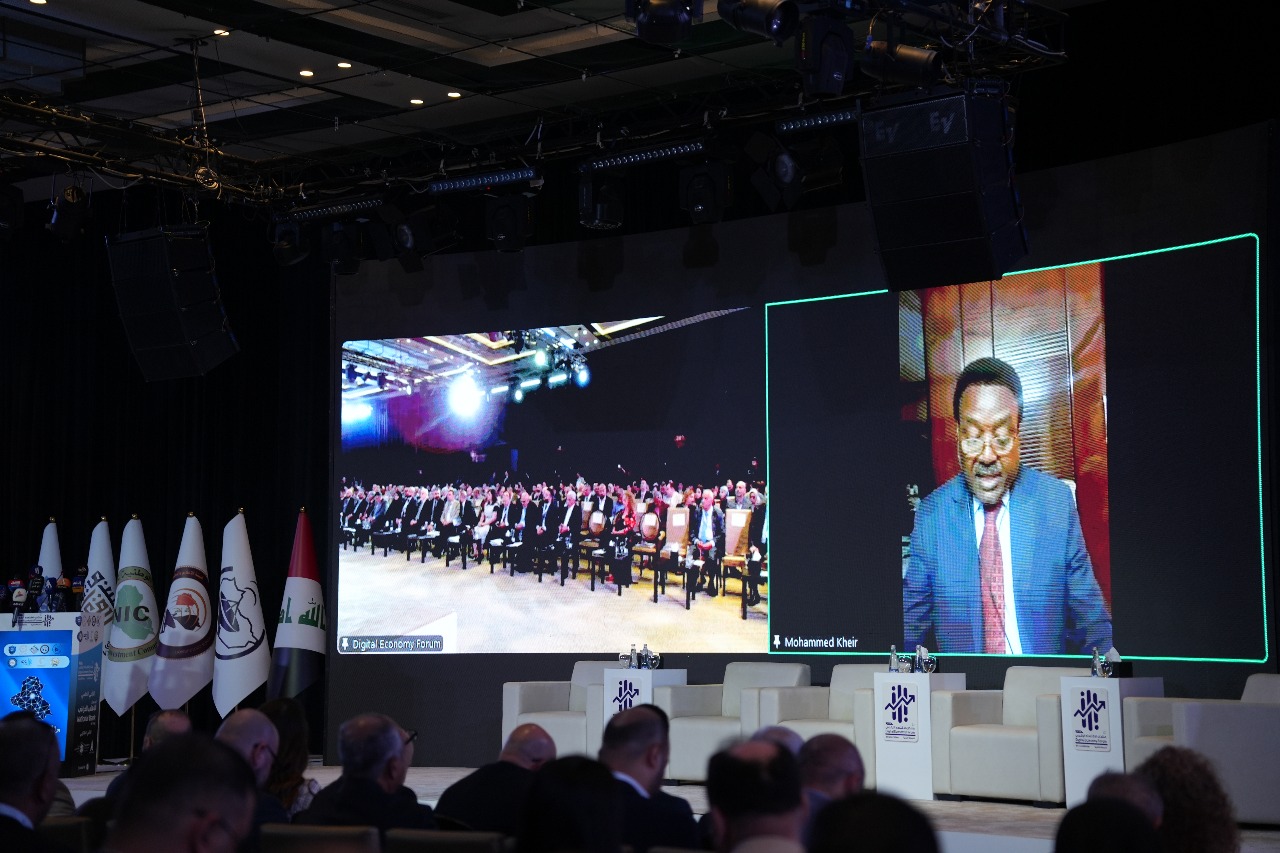Date: April 27, 2025
Cairo
Source: Al-Wafd Newspaper
Prof. Dr. Ali Mohammed Al-Khouri
The Arab world today stands at a historic threshold, where economic and technological transformations are forcing a redefinition of its position in the global economy. For decades, the region’s countries have relied on oil revenues as the basis for growth, while other productive sectors have remained marginal and unable to drive sustainable development. However, in a world accelerating toward innovation, technology, and a knowledge economy, traditional models can no longer be maintained. The question today is not whether change is necessary, but rather how can the Arab world transform into an influential economic force that contributes to shaping the new global economy?
Arab economies possess enormous potential, but this remains underutilized due to structural imbalances that require radical reforms. Reliance on the state as the primary economic actor has led to the creation of inflexible economies. The private sector suffers from regulatory constraints that hinder its growth, while young people suffer from high unemployment rates despite their representation in the largest proportion of the population. With more than 100 million young people expected to enter the labor market over the next decade, investing in human capital becomes a priority that cannot be postponed. The coming battle is not just an economic one, but a battle for the future of entire generations seeking opportunities that guarantee their place in the global economy.
The geopolitical shifts taking place in the region, along with climate change and economic turmoil, require a reconsideration of development strategies. Oil is no longer the sole guarantee of financial stability, and the sharp fluctuations in its price have made oil-producing countries more aware of the need to diversify their sources of income. However, diversification does not only mean investing in new sectors; it also means building dynamic economies capable of innovation, stimulating entrepreneurship, and creating a legislative environment that attracts capital. The transition to a knowledge-based economy requires massive investments in scientific research, education, and technology, so that Arab countries become producers of knowledge, not merely consumers of it. One of the biggest challenges facing the region is the lack of Arab economic integration. This is despite the potential for cooperation among Arab countries to create a unified market that would increase investment volume and generate millions of jobs. Global economic experience has proven that large markets are more attractive to capital, and that economic alliances enhance competitiveness. However, the absence of a unified strategic vision has prevented the realization of this potential, while Arab economies continue to operate independently, leaving them vulnerable to global turmoil and fluctuations.
In the face of these challenges, traditional solutions are no longer sufficient. The region needs bold strategic thinking that goes beyond temporary policies to build economic models based on sustainability, fairness, and efficiency. Reforming financial markets, stimulating the business environment, and investing in the digital economy are all essential steps to ensure the Arab world enters a new phase of growth. Renewable energy, for example, is not just an environmental option; it is an economic pillar that can reshape the region’s economic landscape, especially as the world moves towards reducing dependence on fossil fuels. Investing in smart infrastructure and the transition to sustainable cities will determine the extent to which Arab countries can compete in the global economy.
Youth are the key to true economic transformation. A modern economy cannot be built without empowering this segment and providing opportunities that enable them to innovate and participate actively. Digital transformation, entrepreneurship, and startup development are areas through which the potential of youth can be unleashed and their integration into the economic cycle. However, this requires a radical change in educational policies, so that education becomes a tool for empowering individuals rather than merely a system for producing academic degrees. Involving youth in the economic and political decision-making process will ensure that economic reforms are aligned with the aspirations of new generations.
Building a competitive Arab economy requires a strategic vision that transcends traditional frameworks and adopts an approach based on innovation, sustainability, and regional integration. The region can no longer afford to postpone fateful decisions, because the world does not wait. Either Arab countries invest in their future, or remain on the margins of the global economy, their fate determined by others. The real question today is not whether the challenges are difficult, but whether there is a genuine political and economic will to overcome them. Ultimately, history is not kind to nations that hesitate, but rather rewards those that have the courage to shape their future.












